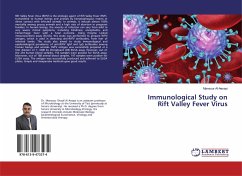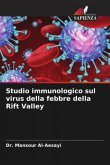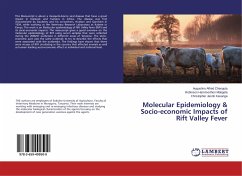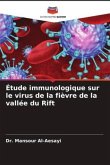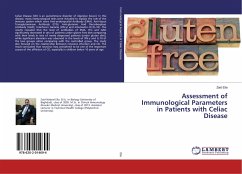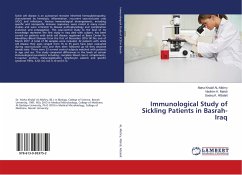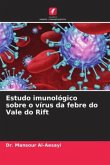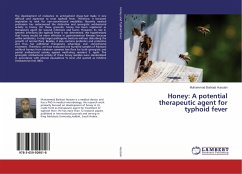Rift Valley Fever Virus (RVFV) is the etiologic agent of Rift Valley Fever (RVF), transmitted to human beings and animals by hematophagous insects or direct contact with infected animals. In animals, it induces almost 100% mortality among young animals and a high rate of abortion in pregnant females. In human beings, the severity of infection can vary from mild to very severe clinical symptoms, including blindness, encephalitis, and hemorrhagic fever with a fatal outcome. Using Enzyme Linked immunosorbent assay (ELISA), this study was performed to prepare RVFV antigen, which is used in detecting anti-RVFV antibodies, from liver of infected lambs. The study also aimed to study immunological and epidemiological prevalence of anti-RVFV IgM and IgG antibodies among human beings and animals. RVFV antigen was successfully prepared at a titer dilution of 1: 3200 by Chessboard (CB) ELISA assay. However, out of the 234 human blood samples, 154 samples were positive for ELISA assay. Moreover, out of 188 animal blood samples, 147 samples were positive for ELISA assay. The antigen was successfully produced and adhered to ELISA plates. Simple and inexpensive methods gave good results.

